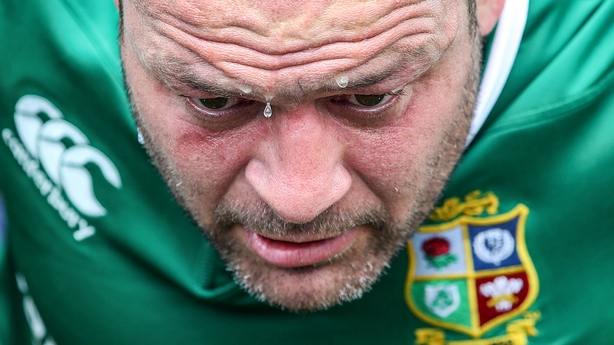The findings of a survey carried out by Rugby Players Ireland on the proposed rescheduling of the Six Nations has shown an emphatic rejection of plans to take rest weeks out of the current schedule from 2020.
A whopping 93% of those surveyed stated that they do not want the championship shortened to five weekends - currently the tournament is played over seven weekends - with a week break after the first two games and a similar gap after the third series of games.
With the introduction of a new global season in 2020, the RFU and the English Premiership have floated the idea of a shortened Six Nations.
Commenting on the results on the survey to rugbyplayersireland.ie, Rory Best said: "The intensity of the Six Nations Championship is like no other competition I have ever played in.
"It is important that the integrity of the Six Nations, from a spectator’s perspective, remains intact as far as possible"
"If it were to take place over a five or six-week period, players who pick up niggles during the tournament would struggle to return while those who take to the field every week would be fatigued to such an extent that it would undoubtedly impact on their involvement with their clubs once the tournament finishes."

Best, who has played in 12 Six Nations campaigns, added: "With the introduction of the bonus-point system, every game counts more than ever before. While we now have plenty of guys who can play their part, the bonus point system dictates that every game counts more than ever before.
"As one of the best supported competitions in the rugby calendar, every paying fan will expect to see the strongest sides week-in, week-out. It is important that the integrity of the Six Nations, from a spectator’s perspective, remains intact as far as possible."
Simon Keogh, acting CEO at Rugby Players Ireland, the representative body for professional rugby players in the country, also provided comment.
"As it is the players who are filling the stadiums and putting their bodies on the line, organisers of the tournament need to listen to them.
"Players on both sides of the water are saying the same thing: for the sake of their own welfare they do not want the period over which the Six Nations is played to be shortened."

